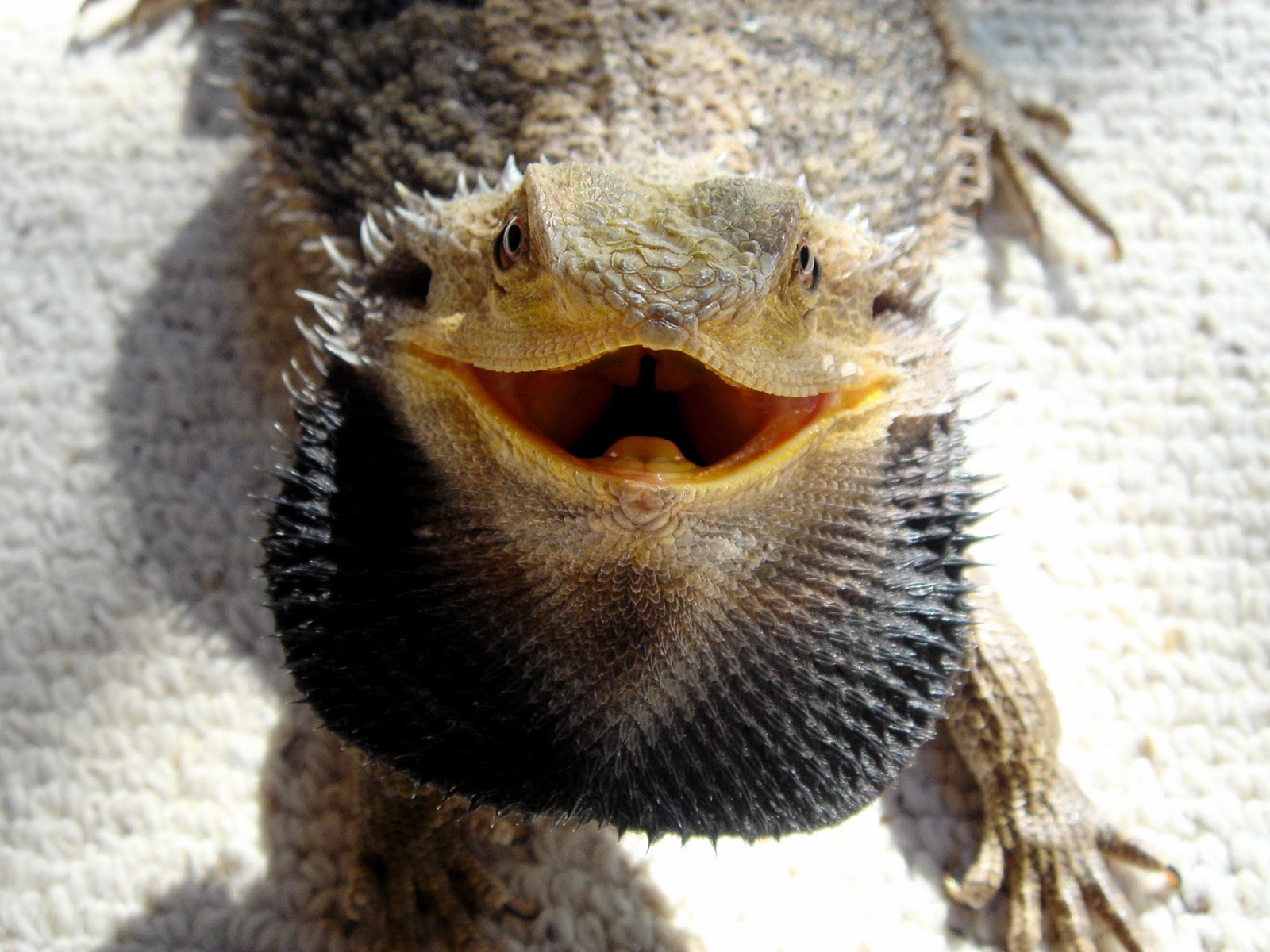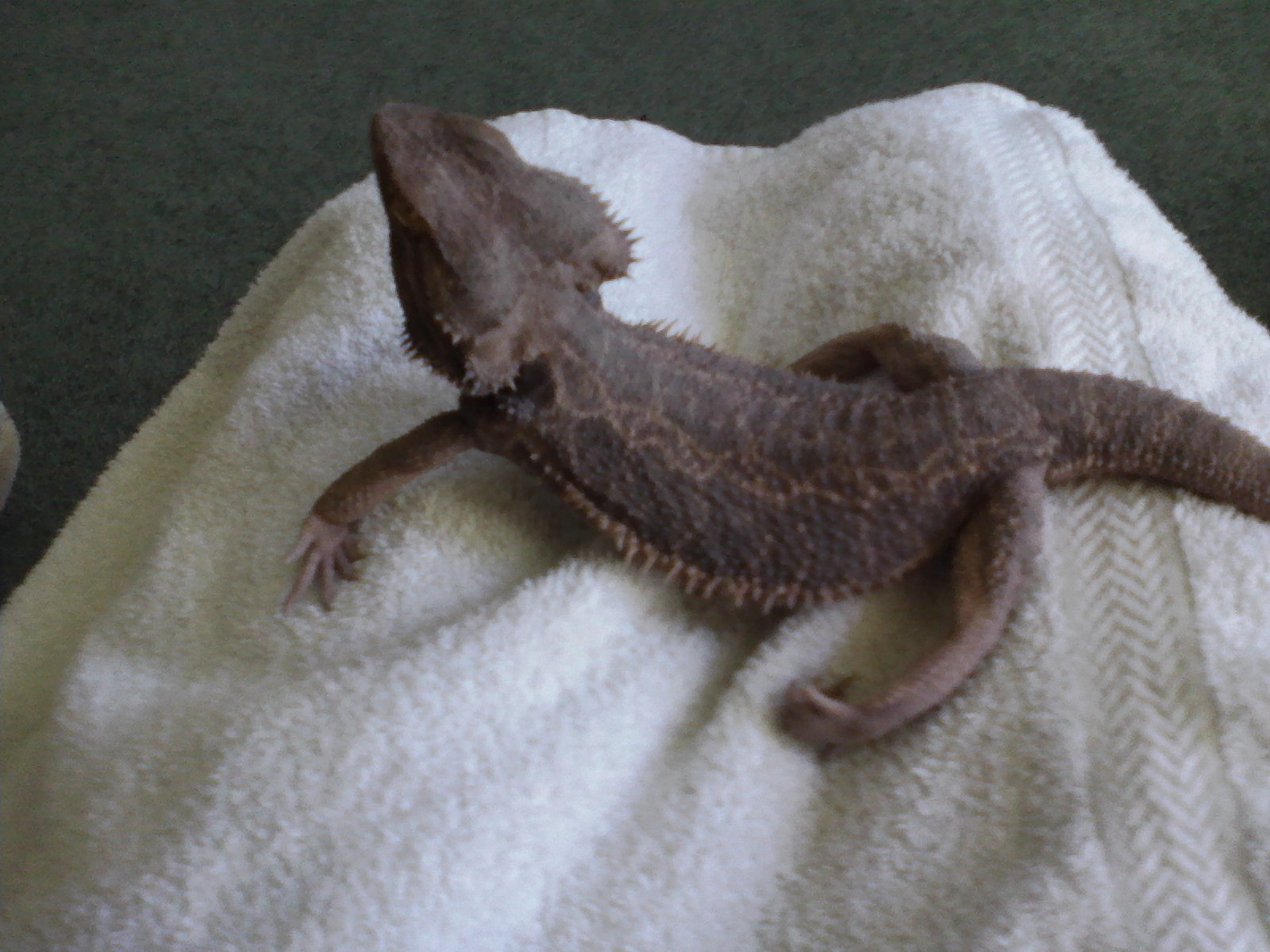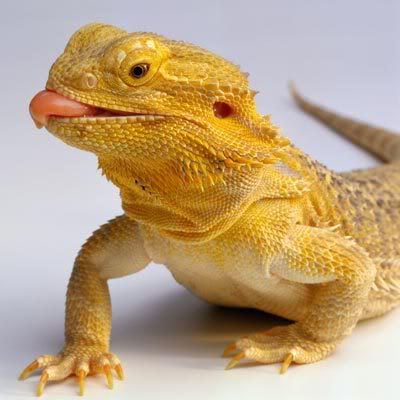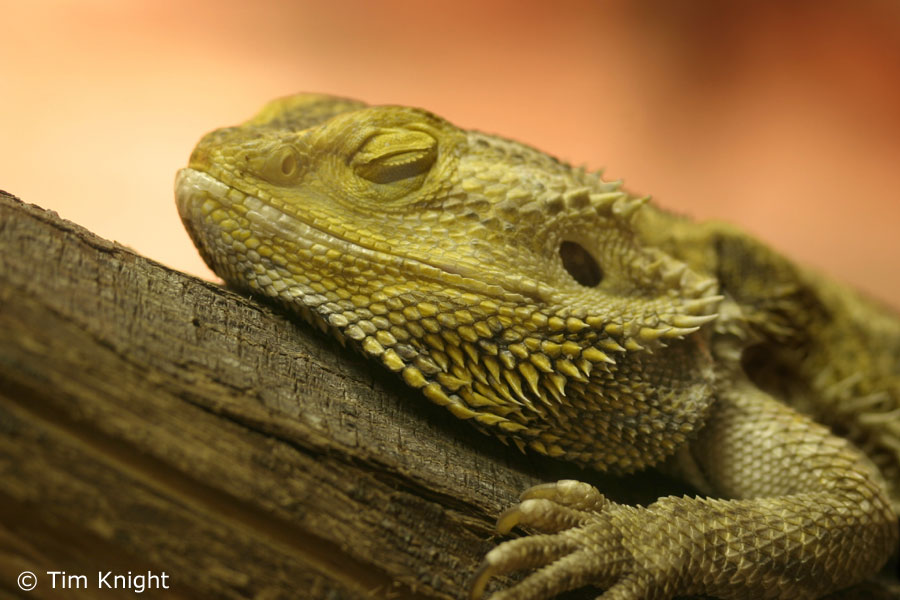Bearded Dragon Problems – The Ultimate Beginner's Guide to Overcoming Them
Introduction
Bearded dragons are fascinating creatures that make great pets. They are active, curious, and have unique personalities. However, they can suffer from various health problems that can affect their well-being if not addressed promptly. In this blog post, we’ll discuss the most common bearded dragon problems that beginners should be aware of and how to deal with them effectively.
1. Impaction

Impaction is a common issue that occurs when a bearded dragon ingests substrate, such as sand or gravel, that gets stuck in their digestive tract. This can lead to constipation, lethargy, and loss of appetite. To prevent impaction, use a substrate that is easy to digest, such as reptile carpet or paper towels.
If your bearded dragon is showing signs of impaction, you can try giving them a warm bath to help stimulate bowel movements. You can also try gently massaging their belly area to help loosen any blockages. However, if the problem persists, you should consult a veterinarian.
2. Metabolic Bone Disease

Metabolic bone disease (MBD) is a serious condition that occurs when a bearded dragon’s body cannot absorb calcium properly. It can lead to weak bones, deformities, and even paralysis. MBD is caused by a lack of UVB lighting or a diet that is deficient in calcium.
To prevent MBD, make sure your bearded dragon is getting enough UVB lighting and is on a well-balanced diet that includes calcium-rich foods such as leafy greens, calcium supplements, and live insects that have been dusted with calcium powder. If you suspect your bearded dragon has MBD, consult a veterinarian immediately.
3. Respiratory Infections

Bearded dragons are susceptible to respiratory infections, especially if they are kept in a cool, damp environment. Symptoms of respiratory infections include wheezing, coughing, and mucus around the nostrils. If left untreated, respiratory infections can lead to pneumonia.
To prevent respiratory infections, make sure your bearded dragon’s enclosure is kept clean and dry. The temperature should be regulated, and a basking spot should be provided for your bearded dragon to bask under a heat lamp. If your bearded dragon shows signs of respiratory infection, consult a veterinarian for treatment.
4. Parasites

Bearded dragons can contract various parasites, such as mites, ticks, and worms. Parasites can cause your bearded dragon to become weak and sickly. You can prevent parasites by keeping your bearded dragon’s enclosure clean and providing them with a healthy diet.
If your bearded dragon shows signs of parasite infestation, such as weight loss, frequent diarrhea, or abnormal behavior, consult a veterinarian for treatment. They may prescribe antiparasitic medication to eliminate the parasites.
5. Dehydration

Bearded dragons can easily become dehydrated, especially if they don’t have access to clean water or if their enclosure is too hot and dry. Dehydration can cause your bearded dragon to become lethargic, lose appetite, and have sunken eyes.
To prevent dehydration, make sure your bearded dragon always has access to clean water and mist their enclosure with a spray bottle to increase humidity. You can also offer them water-rich foods, such as cucumber or watermelon. If your bearded dragon is severely dehydrated, consult a veterinarian for treatment.
Conclusion
Bearded dragons are amazing pets that can bring a lot of joy and companionship. However, as with any pet, they require proper care and attention to maintain their health and well-being. By being aware of the most common bearded dragon problems and knowing how to prevent and treat them, you can ensure that your bearded dragon lives a happy and healthy life.
